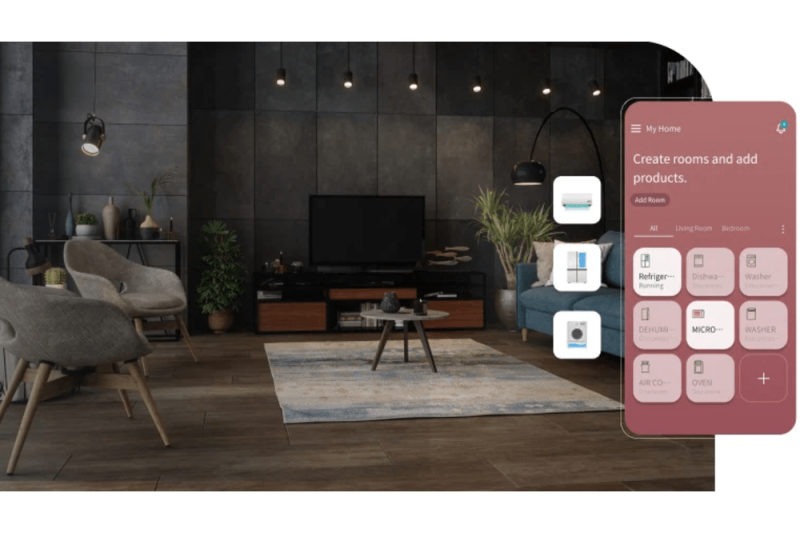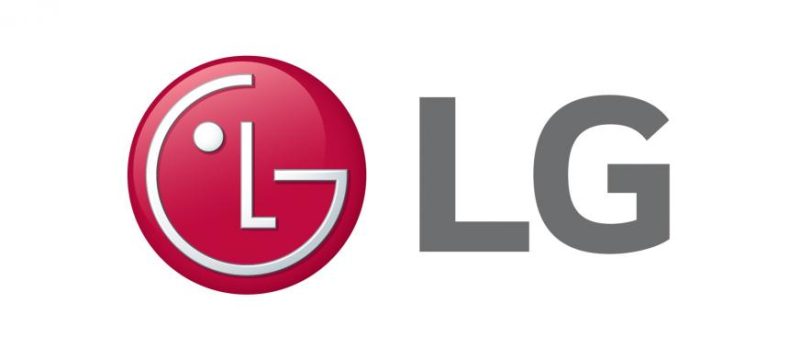Dubai, United Arab Emirates —
With the summer heat now a full blast on us, many of us will be spending most of our time indoors. However, leaving the air conditioning off can result in a warm and toasty room, while keeping it running all day is not environmentally responsible. LG Electronics (LG) offers a solution with its LG ThinQ smart home ecosystem that not only elevates home comfort but also reduces the environmental impact of home appliances.

LG ThinQ is LG’s answer to a smarter and greener way of living. LG ThinQ ecosystem encompasses a line of AI-enabled products, services, and a custom-built app that are designed to improve daily life while minimizing the impact on the environment. The smartphone app is the first step toward transforming the house into a smart home, as it seamlessly controls LG’s ThinQ-enabled appliances while using AI machine learning for a personalized experience.

With LG ThinQ, users can manage a range of LG’s smart appliances all from one place. Be it turning on the air conditioning in advance, filtering the vacuum cleaner before cleaning, or even controlling the air purifier, all can be accomplished through the LG ThinQ app. However, it is also a lot more than that. LG ThinQ-enabled devices are smart enough to take care of themselves, sending users notifications and alerts to prevent malfunctions, as well as tips on taking care of the appliance. This includes alerts such as when it is time to change the water filter in the refrigerator or unclog the drain in the washing machine.
In line with LG’s commitment to sustainability, LG ThinQ-enabled appliances are designed to minimize energy and water consumption. For example, the smart washing machines can detect the weight and softness of the fabric and select the optimal washing pattern that will ensure clean clothes while conserving water and reducing the amount of energy needed for the cycle. Regular usage allows the LG ThinQ app to understand patterns and set tasks in motion to save time, energy, and money. For instance, if the user does not open the refrigerator frequently at night, the energy consumption is automatically adjusted to lower levels during the night. The app also allows users to remotely monitor and manage appliances, turning them off when not in use, and even tackles food waste by ensuring notifications are sent before perishables in the refrigerator reach their expiration date.
LG’s sustainability goals are highlighted in the Better Life Plan 2030, through which the brand aims to become carbon neutral by 2030. LG is working toward carbon neutrality by cutting emissions from operations through measures such as highly efficient buildings, renewable energy, and carbon offset projects. LG is also committed to building a circular economy through waste recycling initiatives and improving waste treatment processes. LG projects that, from 2021 to 2030, it will have used an accumulated total of 600,000 tons of recycled plastics in the production of new home appliances, recycling 95% of waste generated at its production sites. The company has also joined RE100 initiative and finalized plans to convert all its business sites to 100% renewable energy by 2050.























